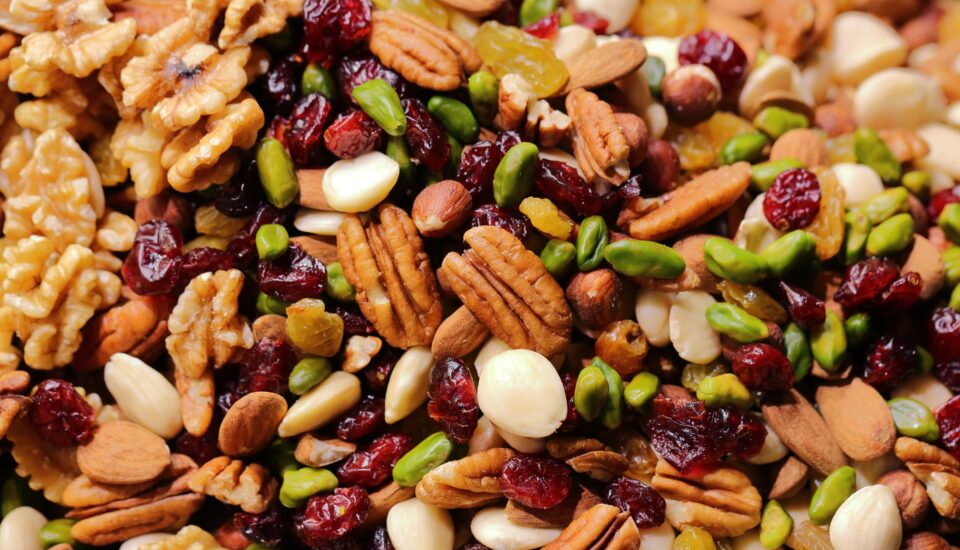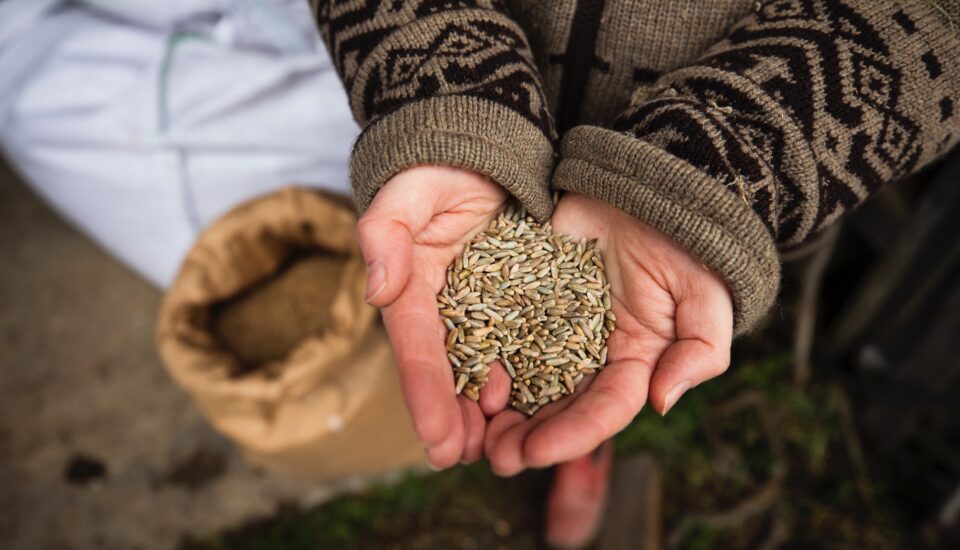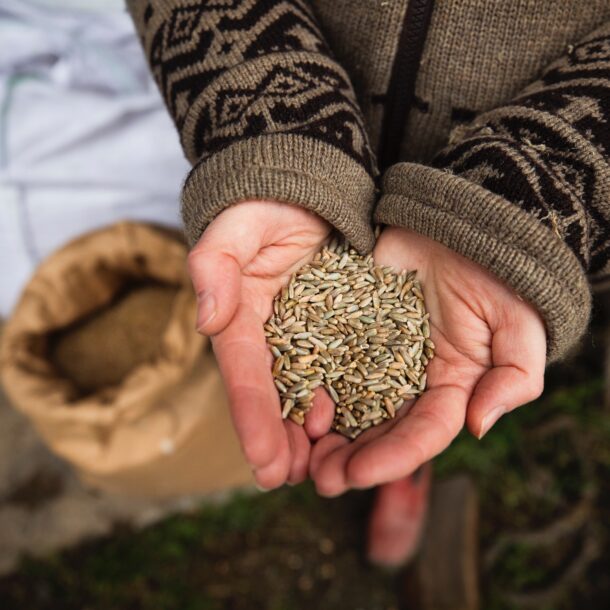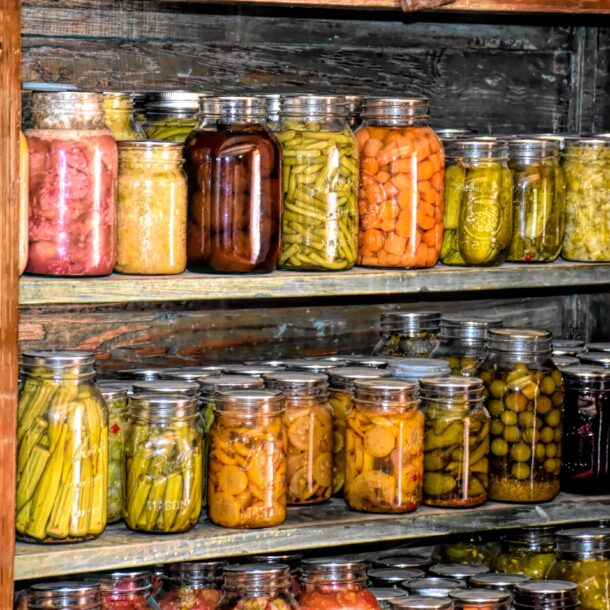
You Are What You Eat
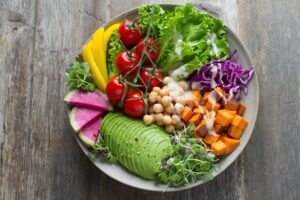
You Are What You Eat
Today, I want to take the opportunity to emphasize that “You Are What You Eat.” Have you ever thought about where this phrase comes from. I researched the origin of the statement a bit and here is what I found:
“This phrase has come to us via quite a tortuous route. Anthelme Brillat-Savarin wrote, in Physiologie du Gout, ou Meditations de Gastronomie Transcendante, 1826: “Dis-moi ce que tu manges, je te dirai ce que tu es.” [Tell me what you eat and I will tell you what you are].
In an essay titled Concerning Spiritualism and Materialism, 1863/4, Ludwig Andreas Feuerbach wrote: “Der Mensch ist, was er ißt.” That translates into English as ‘man is what he eats’.” (Phrases.org, 2014).
Of course, we should neither take Feuerbach’s nor Brillat-Savarin’s quote literally. However, we should note that both of them saw the connection between the food one eats and the way it influence one’s state of mind and health.
It wasn’t until the 1920s and 30s that the actual phrase emerged in English. The Nutritionist Victor Lindlahr, father of the Catabolic Diet, wrote in the earliest known printed example is from an advert for beef in a 1923 edition of the Bridgeport Telegraph, for ‘United Meet [sic] Markets’: “Ninety per cent of the diseases known to man are caused by cheap foodstuffs. You are what you eat.”
Not only nutritionists and doctors link food and the health of our bodies though. In fact, some suggest that the idea stems from much earlier and has religious rather than dietary basis. The Roman Catholic church states that through transubstantiation the bread and wine of the Eucharist turn into the body and blood of Jesus. Archbishop Thomas Cranmer wrote in 1549: “We offer and present unto thee, O Lord, our selves, our souls and bodies, to be a reasonable, holy, and living sacrifice unto thee; humbly beseeching thee that we, and all others who shall be partakers of this Holy Communion, may worthily receive the most precious Body and Blood of thy Son Jesus Christ, be filled with thy grace and heavenly benediction, and made one body with him, that he may dwell in us, and we in him” (phrases.org, 2014).
So is the phrase “We Are What We Eat” Catholic rather than Catabolic?
As a matter of fact, not only the Catholic Church but the Christian Bible has many references to food. For instance, Genesis 1:29: “And God said: Behold, I have given you every plant yielding seed that is on the face of all the earth, and every tree with seed in its fruit. You shall have them for food.”
Today, we need to add that food in God’s garden should be grown without pesticides, herbicides, chemical fertilizers, hormones, irradiation or anything unnatural. Modern use of refinement processes and chemical additives, besides actually adding substances to our foods, depletes foods of their nutrition & ‘life-force’ and hence renders them heavy, impotent and lifeless”.
Of course, we also find dietary restrictions in other religions and ways-of-life, for example Islam, Judaism, Hinduism, etcetera. And even new scientific research comments more and more on the body-mind connection and the importance of food.
Therefore, we should all get it sooner or later, right? If we nourish our bodies with whole, organically grown food, including or excluding (personal choice) grass-fed beef, organic chicken, or wild game meats, our bodies will heal as a whole – inside out. And although many ‘diets’ these days are different and advocate various approaches, those that speak for a whole-foods way of eating are all in accord that food does indeed promote health.
Allow these lines to be a reminder to you to make conscious choices the next time you go to the grocery store, cook, or put food on your plate.
“You Are What You Eat.”
Have a blessed week,
Alexandra

